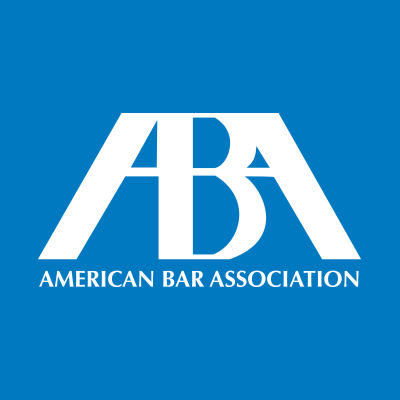ABA opposes tort reform bills that amend court rules and limit damages

The ABA is pushing back against tort reform proposals in Congress that the association maintains would impede access to the civil justice system.
The House of Representatives quickly passed bills that addressed class actions and frivolous lawsuits during the first few weeks of the 115th Congress, and a medical liability measure was ready for a House floor vote before the April recess began.
H.R. 985 and H.R. 720 would amend the Federal Rules of Civil Procedure by bypassing the Rules Enabling Act, a time-proven process that Congress established in 1934 to ensure the federal rules are amended only after a compre-hensive and balanced review.
Under the act, the Judicial Conference of the United States drafts proposed rules and amendments based on changes suggested by a wide range of legal professionals, makes them available for public comment, and submits them to the U.S. Supreme Court after Judicial Conference approval. The Supreme Court transmits the proposal to Congress, which retains the final authority to reject, modify or defer any rule or amendment before it takes effect.
meeting the standards
H.R. 985, the first bill to clear the House, would amend Rule 23, which governs certification of class actions—lawsuits in which one party represents a collective group of plaintiffs who have been injured by the same defendant. The rule, first adopted in 1966, requires that plaintiffs must meet rigorous threshold standards to proceed with a class action case.
The legislation would change current standards and mandate that no federal court shall certify any proposed class that seeks mon-etary relief from personal injury or economic loss unless the party affirmatively demonstrates that each proposed class member suffered the same type and scope of injury as the named class representative.
“This requirement places a nearly insurmountable burden for people who have suffered personal injury or economic loss at the hands of large institutions with vast resources, effectively barring them from bringing class actions,” ABA Governmental Affairs Office Director Thomas M. Susman conveyed to Congress during consideration of the legislation.
In addition, the bill is more comprehensive than previous proposals and contains more than a dozen new provisions that have never been examined by Congress.
no more trivial cases
Also bypassing the Rules En-abling Act is H.R. 720, which proponents see as a way to stop frivolous lawsuits. Currently, judges are authorized under Rule 11 to impose sanctions to deter future litigation abuses. The bill would reinstate a mandatory sanction provision, which was adopted in 1983 but eliminated 10 years later because of unintended adverse consequences that led to an entire litigation industry revolving around Rule 11 claims. The measure would require judges to impose monetary sanctions to reimburse the prevailing party for reasonable attorney fees and litigation costs attributable to the frivolous claims.
“The ABA’s objective in opposing the enactment of H.R. 720 is not to stifle discourse over the underlying issues,” Susman said in correspondence to the House, emphasizing that the association respects the deep concerns about frivolous lawsuits expressed by some members of Congress.
caps on damage costs
Following passage of H.R. 985 and H.R. 720, the House moved on to even more controversial legislation to cap noneconomic damages at $250,000 and place limits on contingency fees that lawyers can charge in medical liability cases. The bill, H.R. 1215, goes against ABA policy by pre-empting medical liability laws in the states in which the authority to determine such laws rests on and represents a hallmark of the American justice system.
The ABA opposes caps on compensatory damages at either the state or federal level. It emphasizes that research has shown limits on noneconomic damages, including pain and suffering, diminish access to the courts and full compensation for low-wage earners—the elderly, women and children—who are less likely to be able to obtain counsel.
Summing up the association’sstrong opposition to the bill, Howard T. Wall III, chair of the ABA Standing Committee on Medical Professional Liability, says the ABA “remains committed to maintaining a fair and efficient justice system where victims of medical malpractice can obtain redress based on state laws, without arbitrary or harmful restrictions.”
This report is written by the ABA Governmental Affairs Office and discusses advocacy efforts by the ABA relating to issues being addressed by Congress and the executive branch of the federal government. Rhonda McMillion is editor of ABA Washington Letter, a Governmental Affairs Office publication.
This article originally appeared in the June 2017 issue of the ABA Journal with this headline: "Access Denied: ABA opposes tort reform bills that amend court rules and limit damages."



